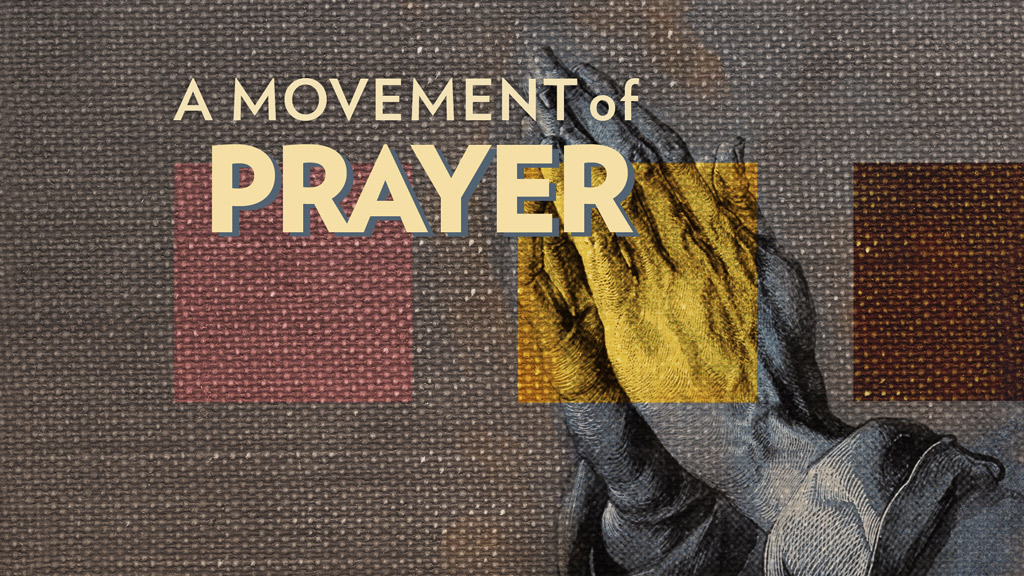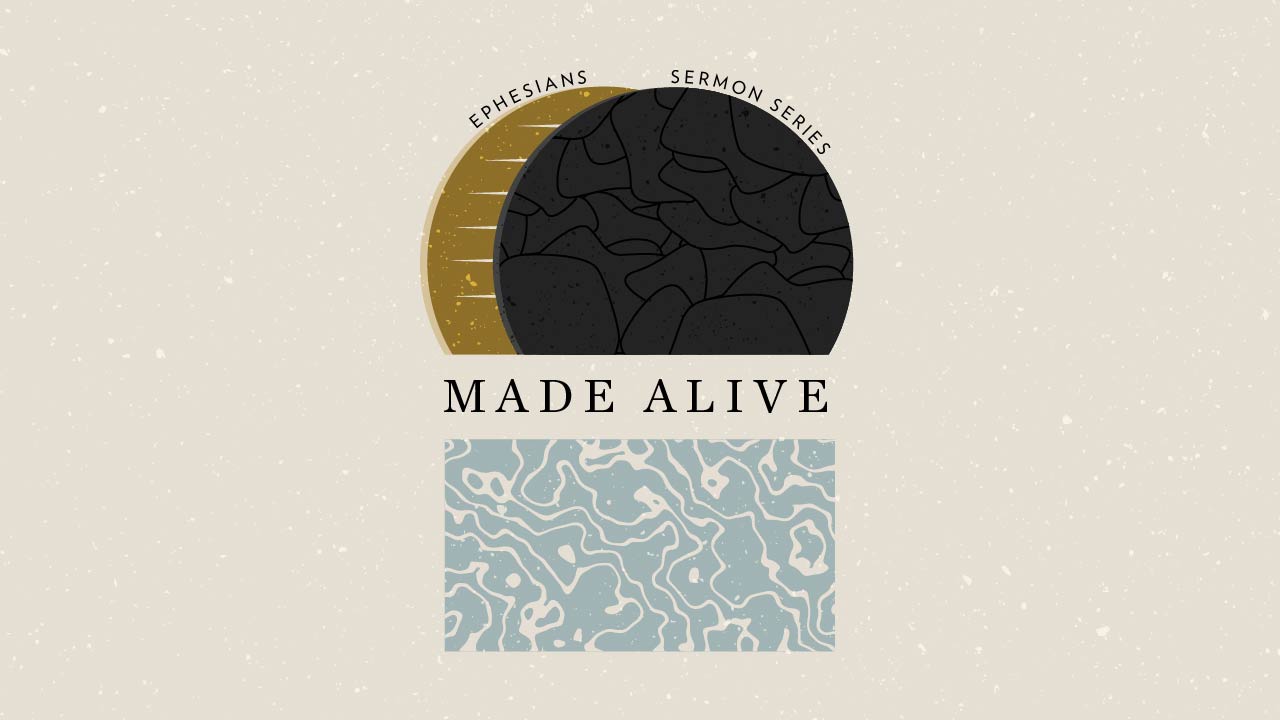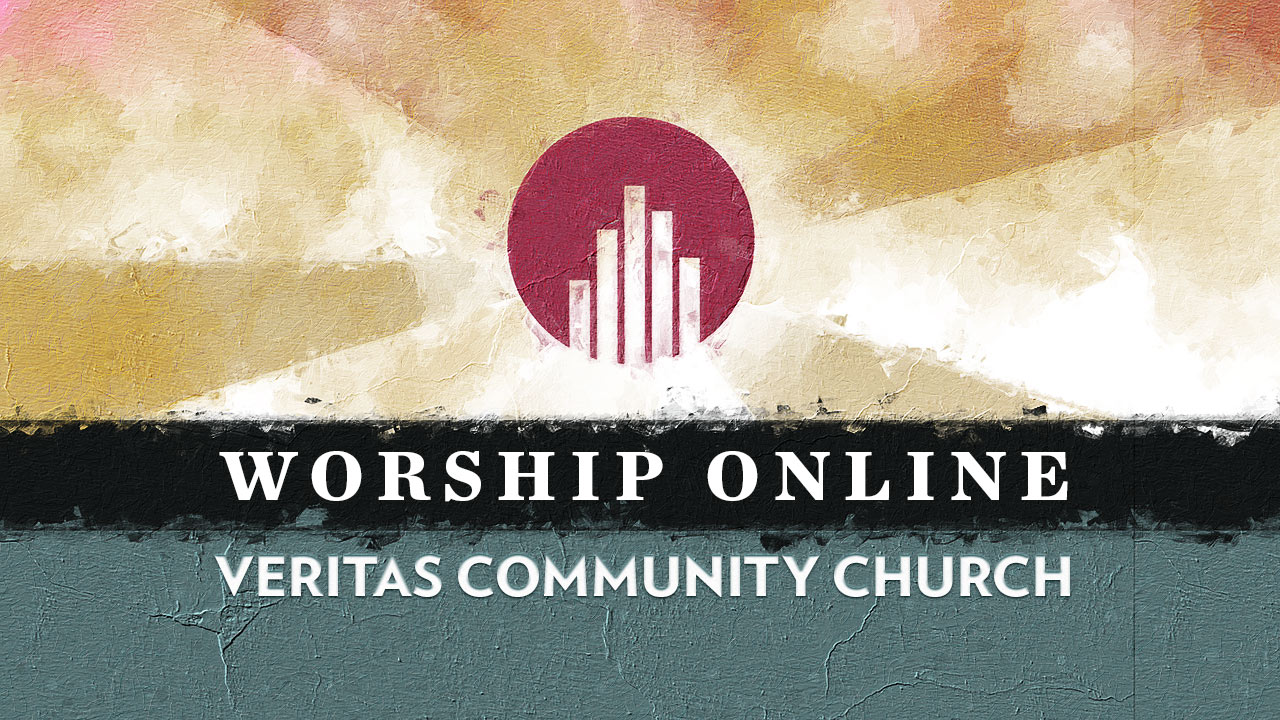Praying for the City
the following article is taken from the appendix of “A Movement of Prayer” prayer guide

There are many examples of God’s people praying for their city in Scripture, but Nehemiah is specifically instructive in teaching us to do what may feel counter productive: first pray, then act.
And they said to me, “The remnant there in the province who had survived the exile is in great trouble and shame. The wall of Jerusalem is broken down, and its gates are destroyed by fire.” As soon as I heard these words I sat down and wept and mourned for days, and I continued fasting and praying before the God of heaven.
(Nehemiah 1:3-4 ESV)
Nehemiah had deep compassion for his city, so much so that upon hearing news of their trouble and disgrace he fell on his knees immediately. He was wise in knowing his weakness and inability to rebuild the broken walls of Jerusalem on his own, so Nehemiah went to the God who makes up for all that we lack. He called upon specific aspects of God’s character that He needed help believing, “the great and awesome God who keeps covenant and steadfast love with those who love Him,” (Neh. 1:5). Nehemiah repented for the sins of his city and remembered the promises of God – asking and believing in God to mightily fulfill those promises right then (1:4-11, 2:4-5). And only from there did he act.
How do you tend to respond to the brokenness in Columbus?
Our response to tragedy can be telling of our view of God and the relationship we have with Him. Historically, when our world is stricken with tragedy, our first response is to either donate money or pull up our bootstraps to volunteer. These are good things, but if we try to solve problems of darkness and brokenness by ourselves we will fail. Nehemiah was a close servant to the king of Persia and had regular access to one of the most powerful men in the world. Yet his response was to go to One more powerful still. It was through prayer that God gave Nehemiah the confidence to act of behalf of Jerusalem in bold ways. And from there, after and through prayer, God brought justice to the desolation of Nehemiah’s beloved city (Neh. 2:1-8).
Why would we try to merely muster up the powers of social justice when we serve a God who created justice? Our God promises to:
“Is not this the fast that I choose:
to loose the bonds of wickedness,
to undo the straps of the yoke,
to let the oppressed go free,
and to break every yoke?
(Isaiah 58:6 ESV)
He shines light into the darkness, He upholds the widow and the fatherless, and He will remove all violence forever. Eph. 5:8, Psalm 146, 6-10, 147:3, Isaiah 60:17-18, 61:1-4
And this same God of justice and healing is jealous for us to participate in pushing back the darkness with Him. He will do it and we get the gift of joining God in unbelievable acts of love. May we not confuse God’s working with our own ability to do something good, but instead see that our talents and abilities flourish most remarkably when enabled by the Holy Spirit in prayer!
Our leadership regularly begs God to make Veritas a beacon of light to our broken yet beloved city, and by His power and His might alone! But in this, might we first learn to pray.
by Chris and Megan Blum, Members at Veritas Community Church
prayer@veritascolumbus.com
Resources
Empathy and Human Flourishing by Matt Chandler
Rebuilding with Prayer by Matt Chandler





Comments are closed.